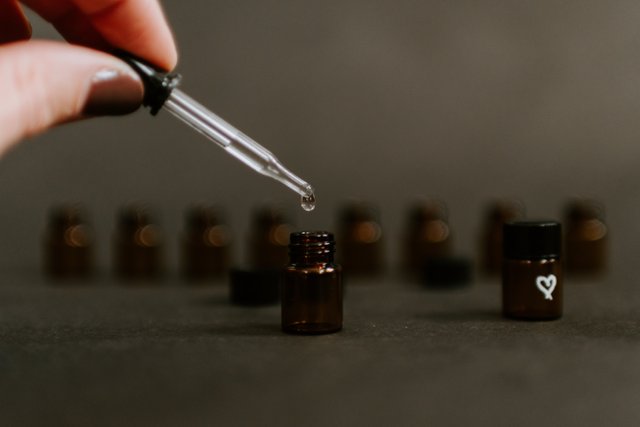Hemp and hops are closely related plants, they belong to the same cannabis family, and they both share a common biochemistry. One of the compounds they have in common is humulene found in both hemp and hops.
The most notable property of humulen is its ability to fight cancer and kill cancer cells, although it also has anti-inflammatory effects and can act as a natural pesticide and antibiotic.
A few years ago, the Planta Medica magazine published the results of research on the anti-cancer properties of balsam fir oil. According to the published results, the ingredient that played the most important role in the oil was humulene. It was the main anti-cancer component that destroyed cancer cells, and was less toxic to healthy cells in the body.
The anti-cancer power of humulen may partly explain why whole cannabis extracts are more effective at killing cancer cells than THC or CBD alone. Research shows that humulen can slow down growth and even destroy cancer cells starting in the liver, colon, skin, prostate, lungs, and breasts.
Humulene also has anti-inflammatory properties. By reducing inflammation, terpene can control chronic pain and treat some allergic reactions. The research published in the British Journal of Pharmacology clearly shows the great potential of this terpene in the treatment of inflammation. The study focused on the treatment of allergic airway inflammation. Humulene was administered orally and as an aerosol, terpene in each of them showed significant anti-inflammatory properties.
In addition to all of these healing properties, humulene can act as a natural product to fight bacterial infections. But not only are bacteria afraid of it, many insects can't stand it either, which means it can also serve as a natural pesticide. Brazilian scientists published in 2015 a study on the use of α-humulene in repelling insects. It turned out that this compound, extracted from a certain species of embalmers, was effective in repelling mosquitoes that spread the yellow fever virus.
If you want to increase your humulen intake, you need to know that some cannabis strains produce more of this terpene than others. Remember that the genetics of the plant only partially contribute to the content of any terpene. Plant growth conditions, type and care schedule also play an important role.
As mentioned earlier, hemp and hops aren't the only plants that produce humulene. Terpenes can also be found in more common plants, herbs and spices such as ginseng, cardamom, basil, cinnamon, juniper, echinacea, tea leaves, oranges, tangerines, coriander, black pepper, sage, currant, saffron, sunflower and many other. Terpene usually comes in the form of an earthy, woody, slightly spicy aroma with subtle hints of citrus.
"Antitumor Activity of Balsam Fir Oil: Production of Reactive Oxygen Species Induced by α-Humulene as Possible Mechanism of Action" https://www.thieme-connect.com/products/ejournals/abstract/10.1055/s-2003-39695
"Preventive and therapeutic anti-inflammatory properties of the sesquiterpene α-humulene in experimental airways allergic inflammation" https://www.ncbi.nlm.nih.gov/pmc/articles/PMC2785529/
https://medicancoin.com/naturalny-pestycyd-oraz-lek-w-jednym-czym-jest-humulen/

Authors get paid when people like you upvote their post.
If you enjoyed what you read here, create your account today and start earning FREE STEEM!
If you enjoyed what you read here, create your account today and start earning FREE STEEM!